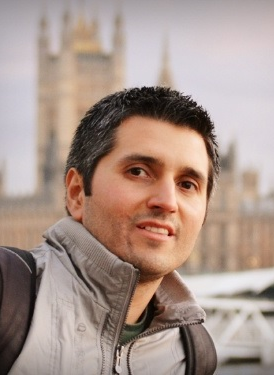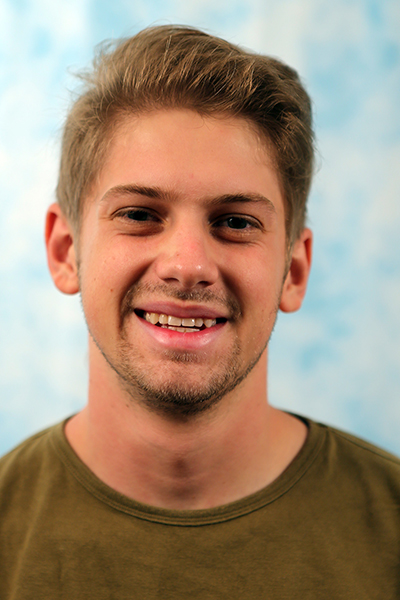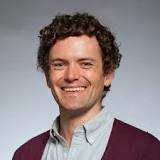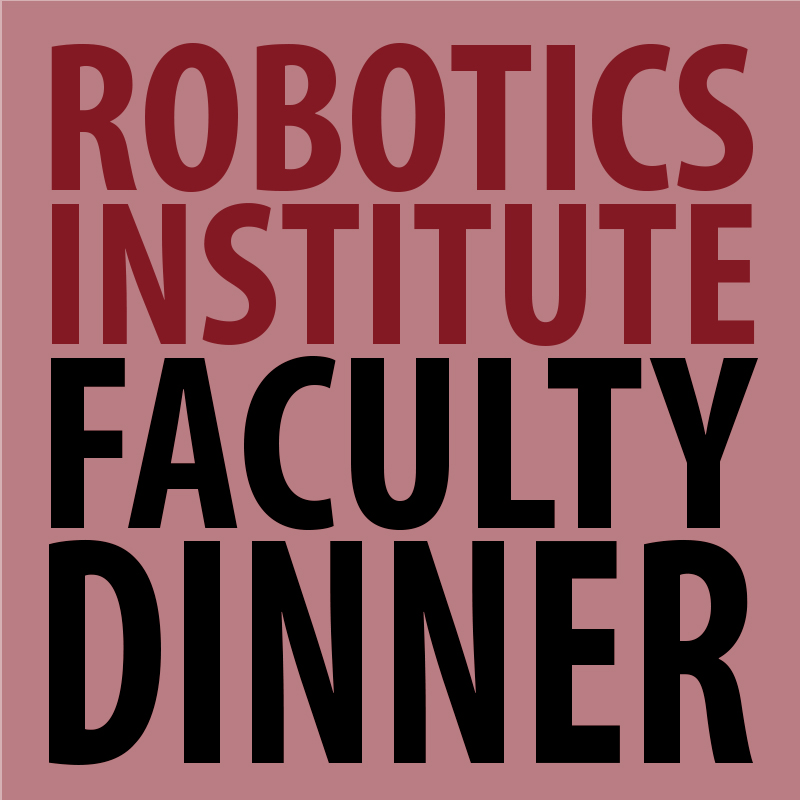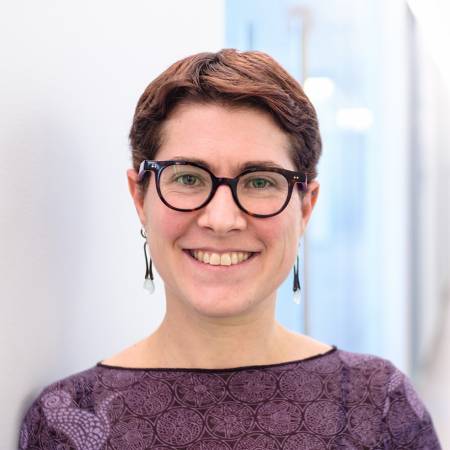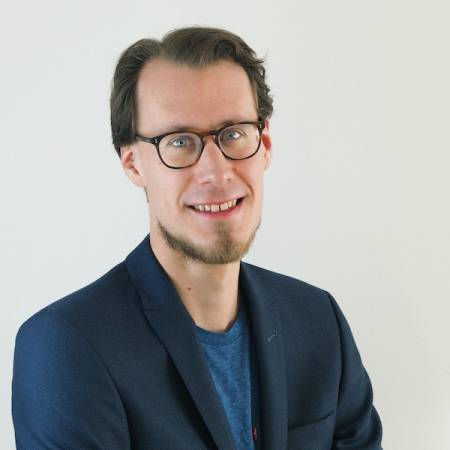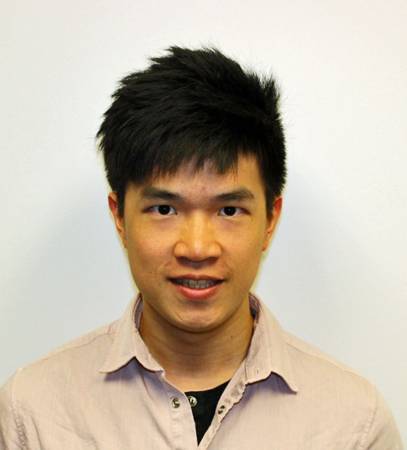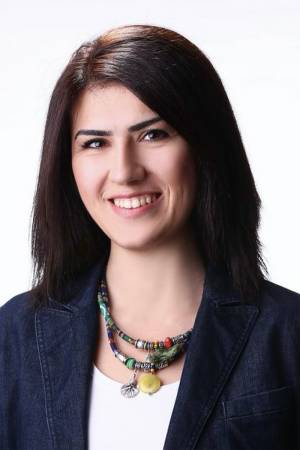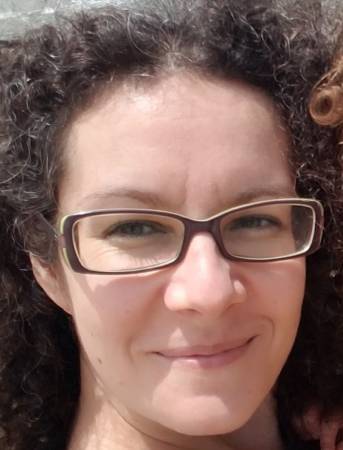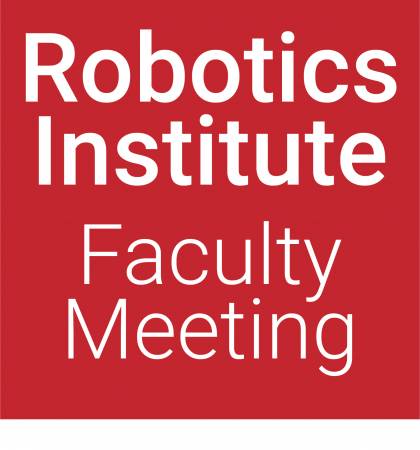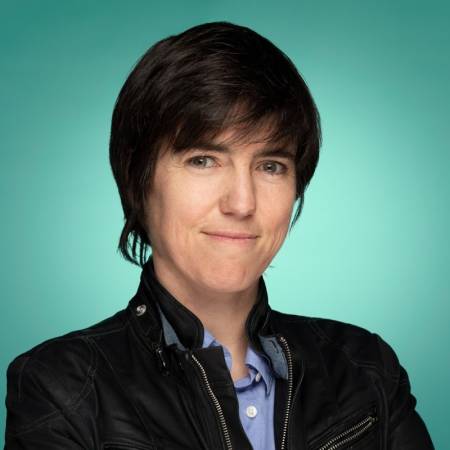Towards photo-realistic face digitization from monocular videos
Abstract: Recent advances in face capture now enable digitizing high-quality 3D faces for the entertainment industry. Standardized digitization solutions, however, require tailor-made capture systems and extensive manual work, making them expensive and hard to deploy. With the advent of commodity sensors, new lightweight approaches that push the boundaries of human digitization have been introduced, slowly [...]
When to use CNNs for Inverse Problems in Vision
Abstract: Reconstruction tasks in computer vision aim fundamentally to recover an undetermined signal from a set of noisy measurements. Examples include super-resolution, image denoising, and non-rigid structure from motion\cite{Kong_2019}, all of which have seen recent advancements through deep learning. However, earlier work made extensive use of sparse signal reconstruction frameworks (e.g. convolutional sparse coding). While [...]
Toward telelocomotion: human sensorimotor control of contact-rich robot dynamics
Abstract: Human interaction with the physical world is increasingly mediated by automation -- planes assist pilots, cars assist drivers, and robots assist surgeons. Such semi-autonomous machines will eventually pervade our world, doing dull and dirty work, assisting the elderly and disabled, and responding to disasters. Recent results (e.g. from the DARPA Robotics Challenge) demonstrate that, [...]
2020 RI Faculty Dinner
Invitation with information will be emailed to invitees.
Formal Synthesis for Robots
Abstract: In this talk I will describe how formal methods such as synthesis – automatically creating a system from a formal specification – can be leveraged to design robots, explain and provide guarantees for their behavior, and even identify skills they might be missing. I will discuss the benefits and challenges of synthesis techniques and [...]
Reconstructing 3D Human Avatars from Monocular Images
Abstract: Statistical 3D human body models have helped us to better understand human shape and motion and already enabled exciting new applications. However, if we want to learn detailed, personalized, and clothed models of human shape, motion, and dynamics, we require new approaches that learn from ubiquitous data such as plain RGB-images and video. I [...]
Carnegie Mellon University
Learning Dense 3D Object Reconstruction without Geometric Supervision
Abstract: Geometric alignment across visual data has been the fundamental issue for effective and efficient computer vision algorithms. The established pixel correspondences between images indirectly infer the underlying 3D geometry, physically or semantically. While this builds the foundation of classical multi-view 3D reconstruction algorithms such as Structure from Motion (SfM) and Simultaneous Localization and Mapping [...]
Extreme Motions in Biological and Engineered Systems
Abstract: Dr. Temel’s work mainly focuses on understanding the dynamics and energetics of extreme motions in small-scale natural and synthetic systems. Small-scale biological systems achieve extraordinary accelerations, speeds, and forces that can be repeated with minimal costs throughout the life of the organism. Zeynep uses analytical and computational models as well as physical prototypes to learn about these systems, test [...]
Reasoning about complex media from weak multi-modal supervision
Abstract: In a world of abundant information targeting multiple senses, and increasingly powerful media, we need new mechanisms to model content. Techniques for representing individual channels, such as visual data or textual data, have greatly improved, and some techniques exist to model the relationship between channels that are “mirror images” of each other and contain [...]
Spring 2020 RI Reappointment & Promotion Preview Meeting – For RI Voting Faculty Only
Vision Tool Seminar: Hydra
Abstract: Hydra is an open-source Python framework developed at FAIR that aims to reduce the amount of boilerplate code in research and other complex applications. The key feature is the ability to dynamically create a hierarchical configuration by composition and override it through config files and the command line. The name Hydra comes from its [...]
